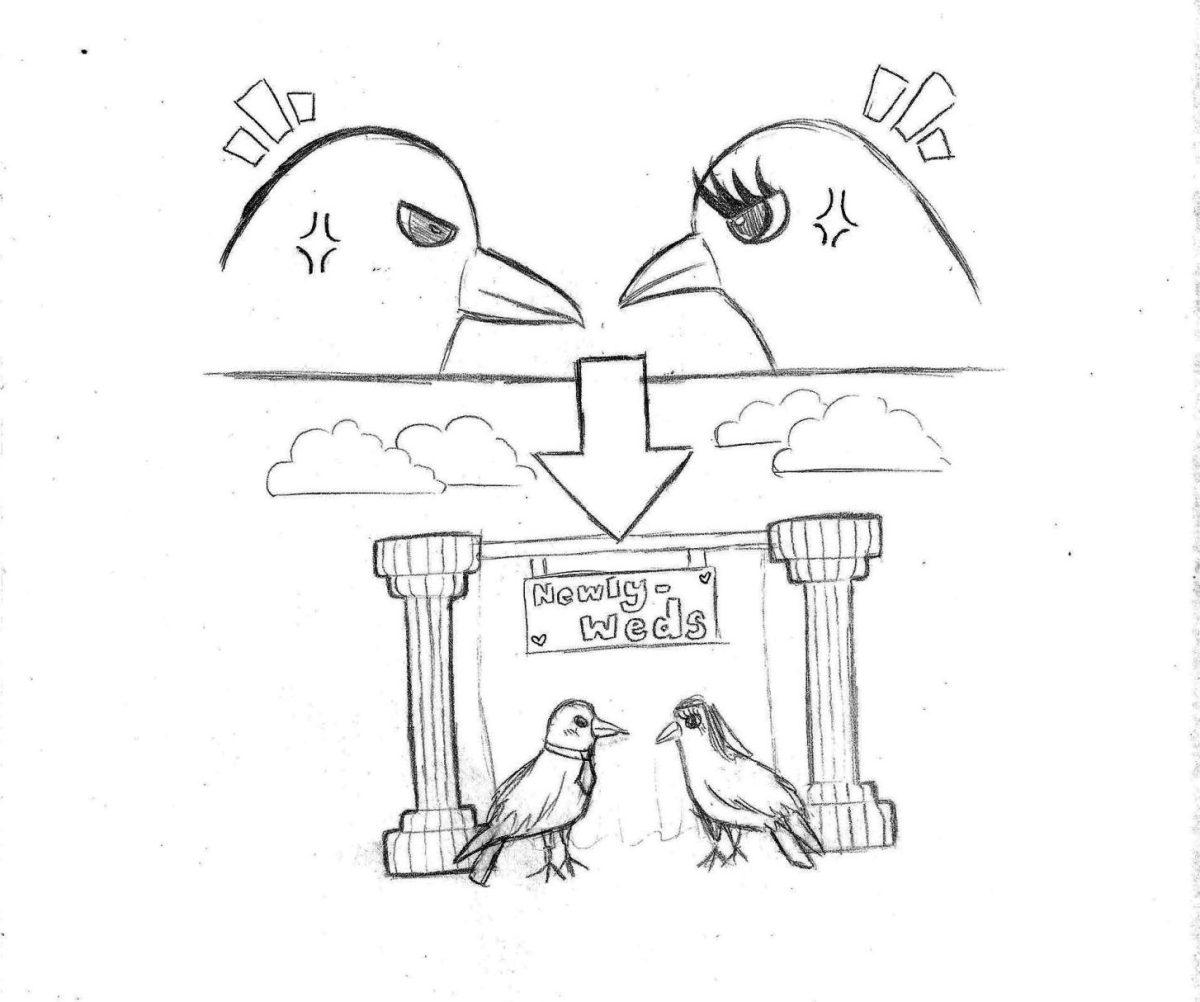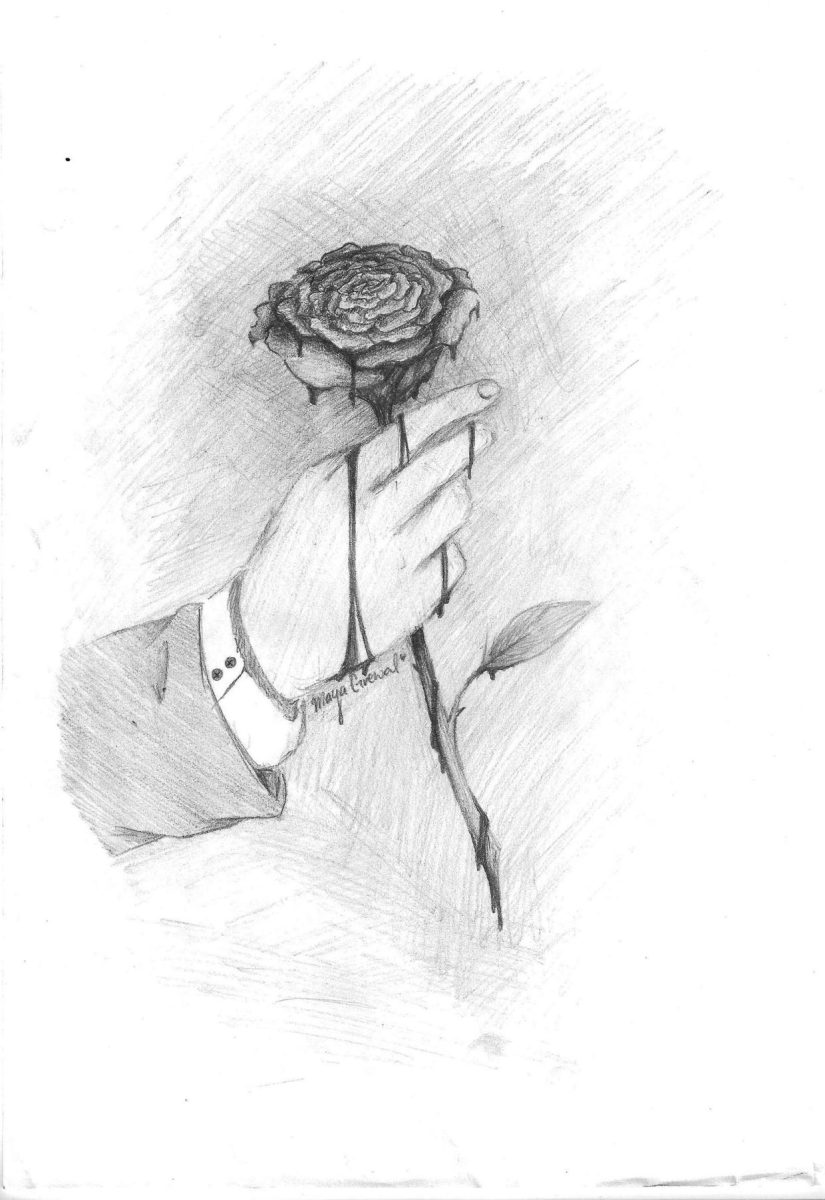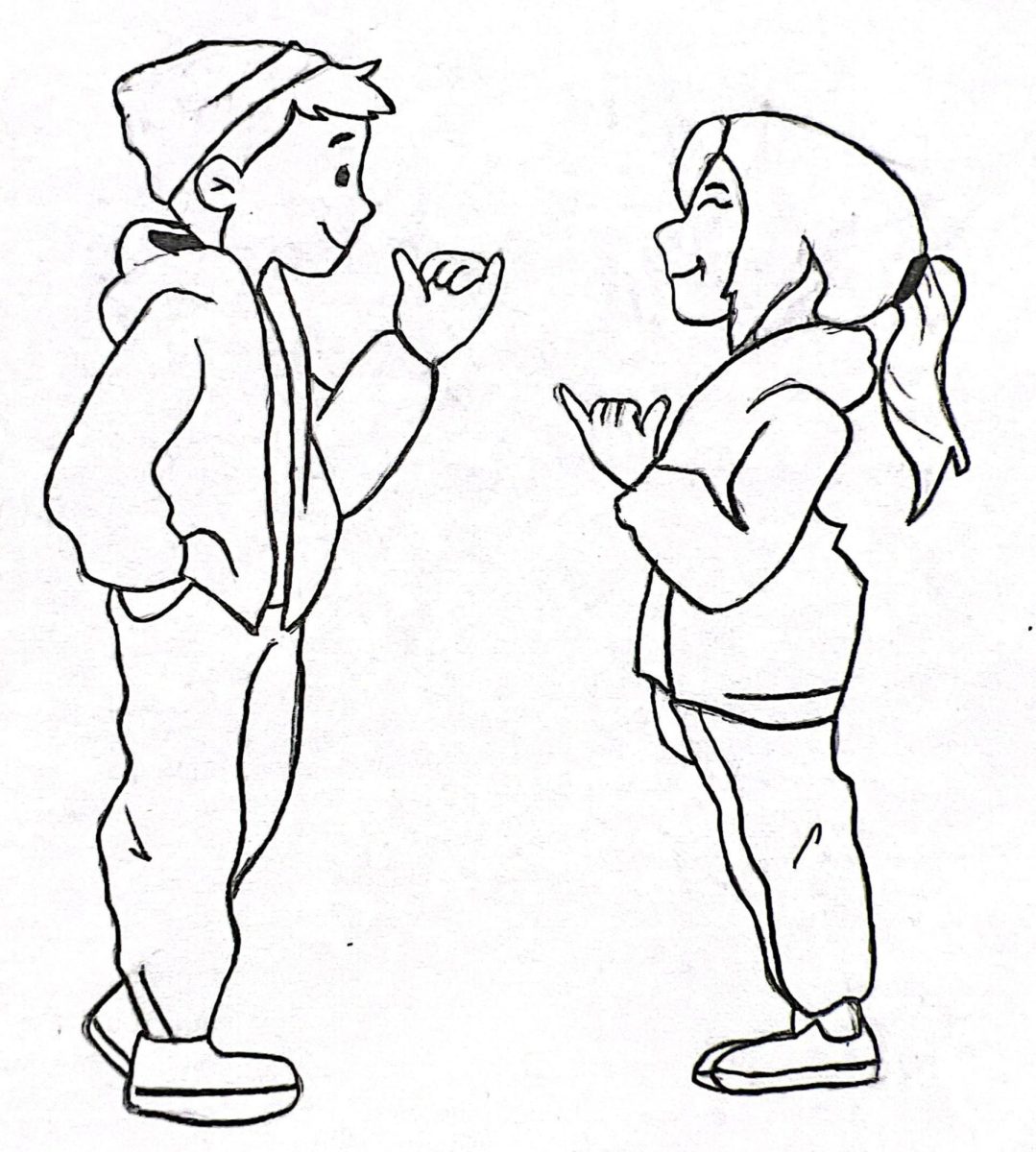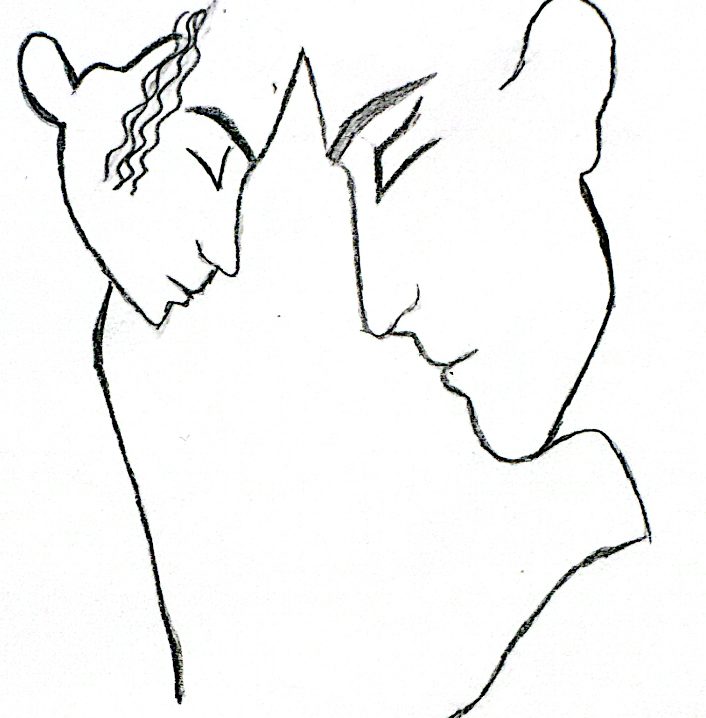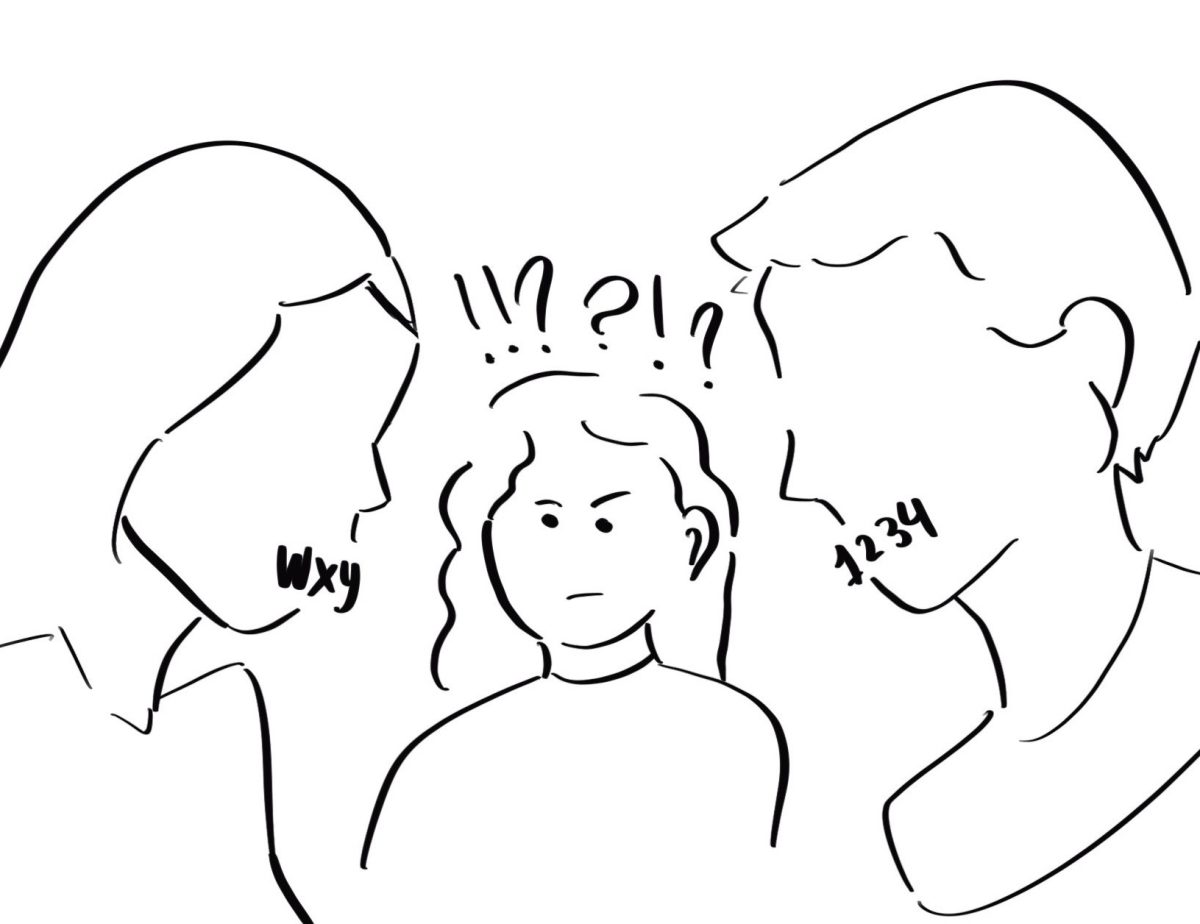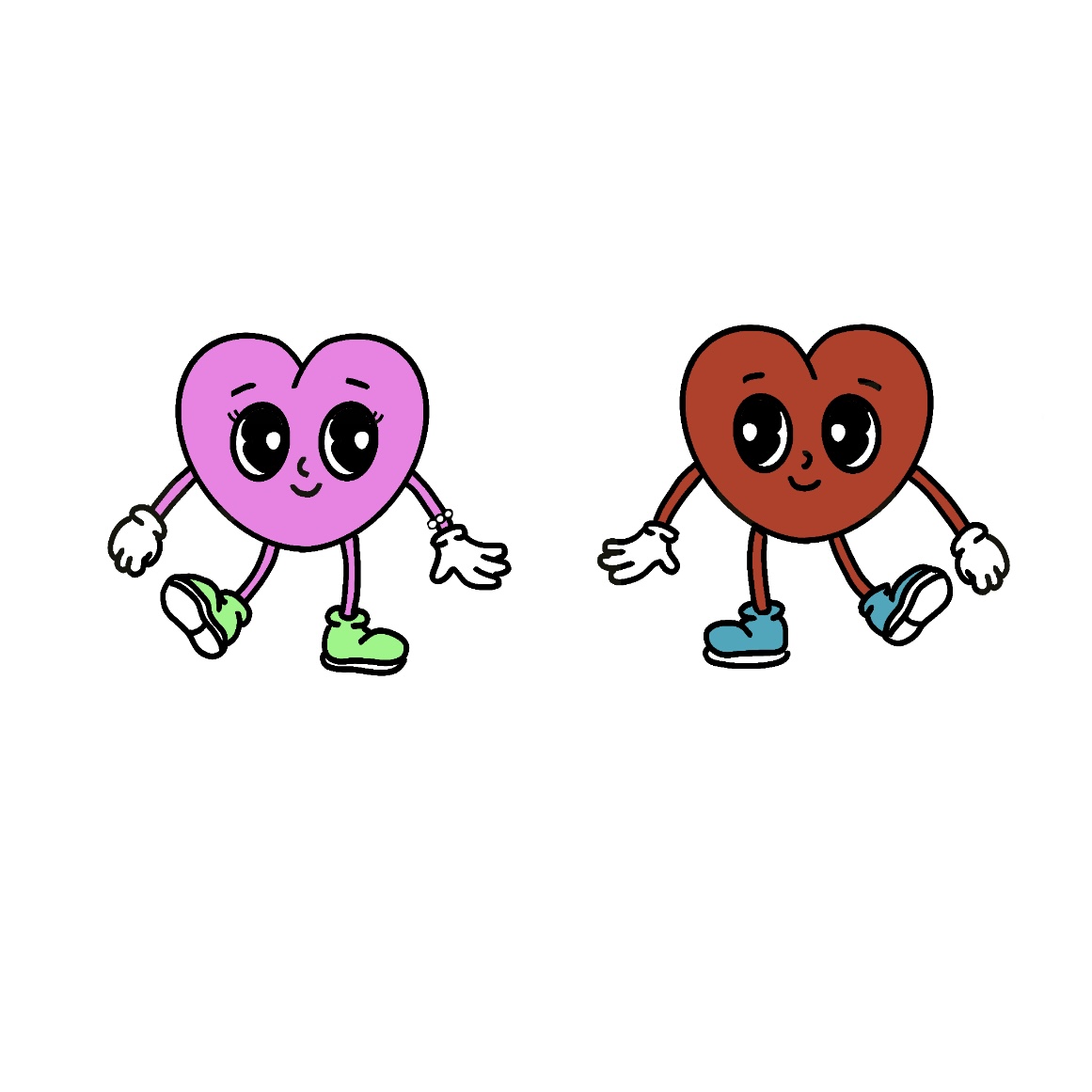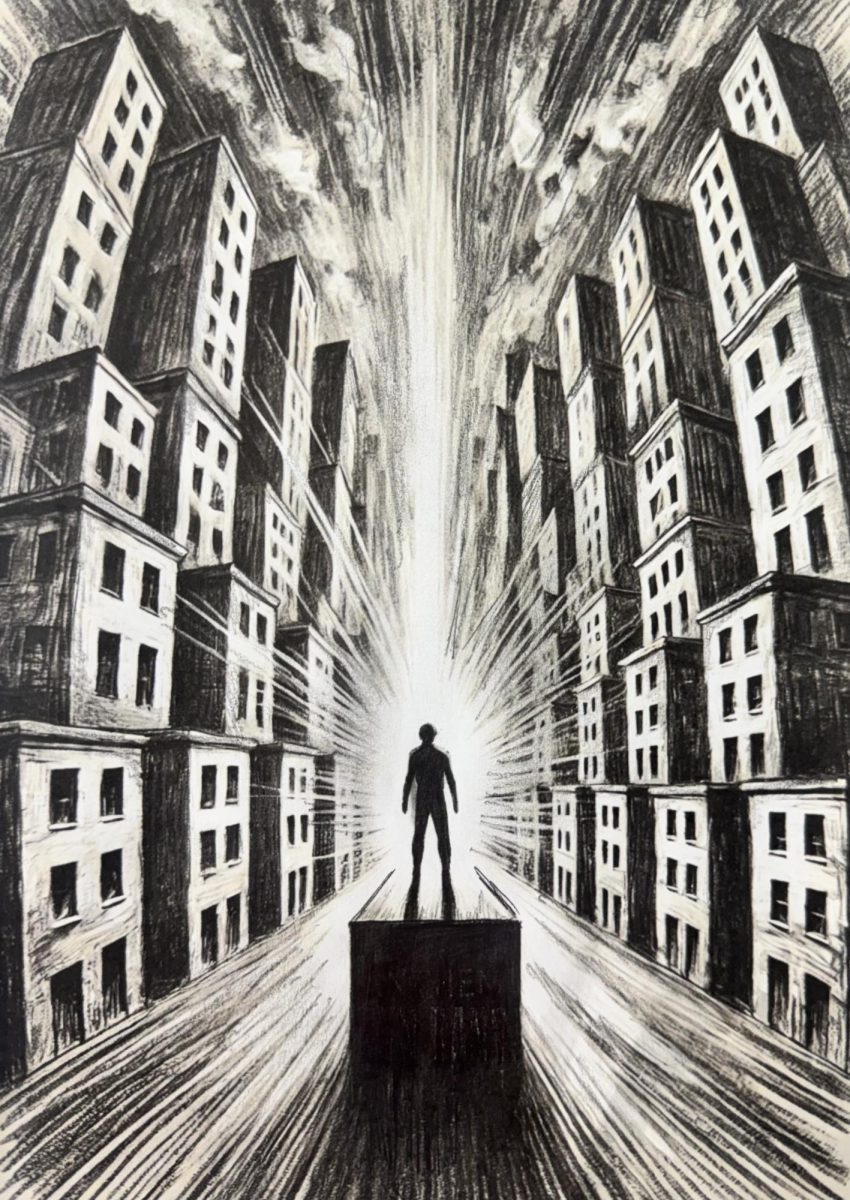Have you ever noticed that everybody you’ve ever hated you had to care about at some point? Sure, you can dislike random people in your class, or not like the way someone’s acting at the store, etc. But how badly did someone have to hurt you in order for hatred to grow? And how much did you have to care about them in the first place?
In reality, most enemies to lovers start out with the characters being friends, and eventually having a big fallout. In most stories, the characters REFUSE to speak to each other, causing it to be engaging from the start. Yet, there’s always glances, and remarks made about the other that only fuel their issues further. They commonly have mutual relations with the same people, and the other character keeps getting brought up into the conversation out of habit, building hatred between them. The two eventually reach a point in which they can no longer stand hearing about each other, and yet again there is another heated argument.
Because of this, the tension between both of them increases. Over the course of them discovering their feelings for each other, the story slowly erupts into chaos. Arguments in which they both get too close for comfort, the subtle touches, and the CONSTANT denying of their emotions, to themselves and to others. Deep down, at least one of the characters knows their true feelings, which begins the chase.
Arguably the best part of the story is the chase. Here the pining begins, so does the rude flirting (which I absolutely adore). The characters fight internal battles trying to figure out and admit their feelings, building character development. Their love becomes apparent to the other, but it’s still questioned because of their previous hatred. Usually in the heat of the moment, the character’s feelings are revealed, most commonly in the middle of an argument.
The appeal of this trope is being able to love someone even when aware of all of their flaws. At one point in time, that was the only thing that the character was aware of and now they love them not despite their flaws, but because of them.
